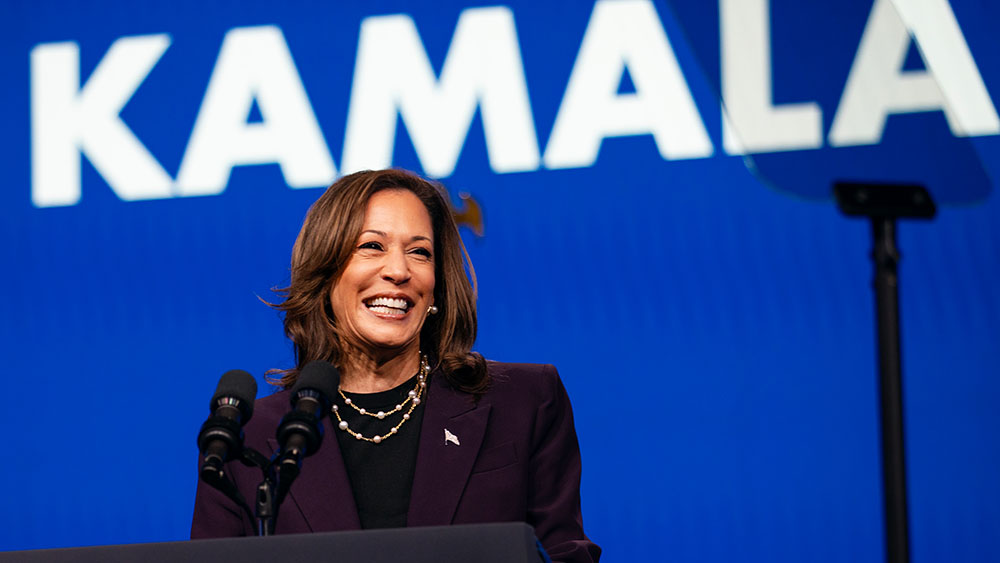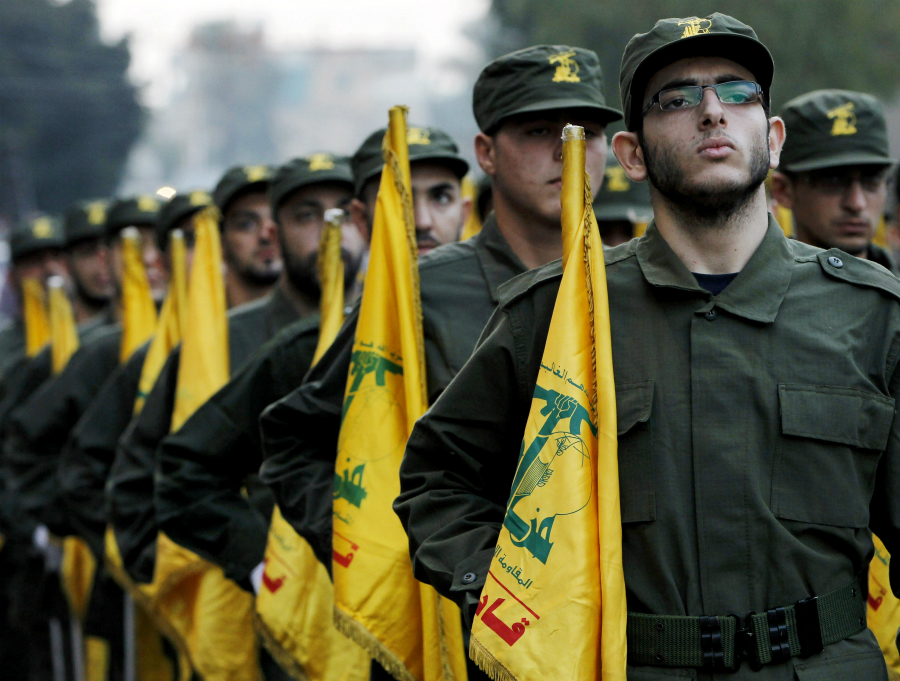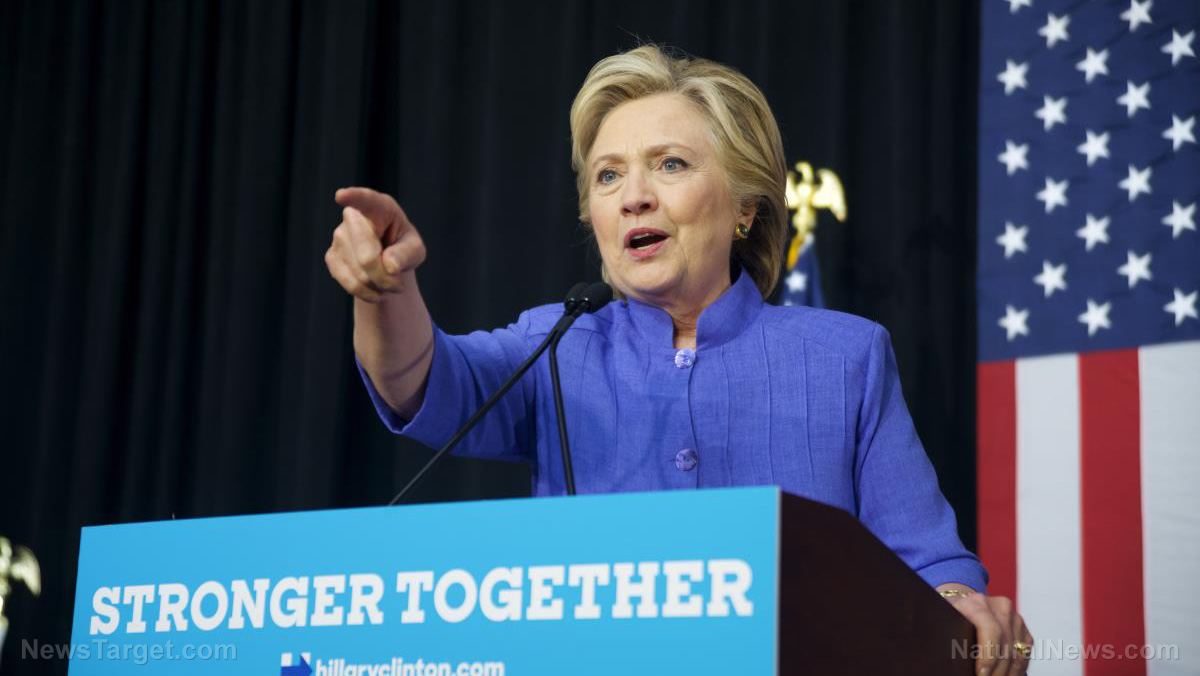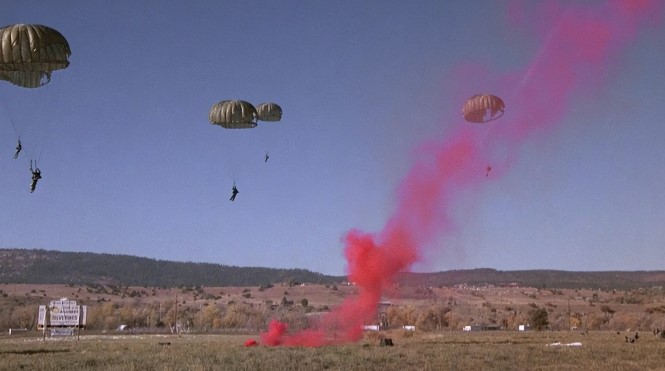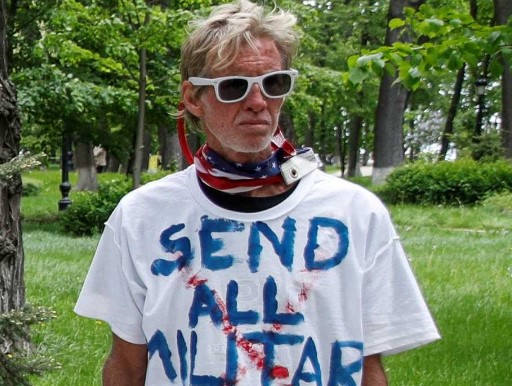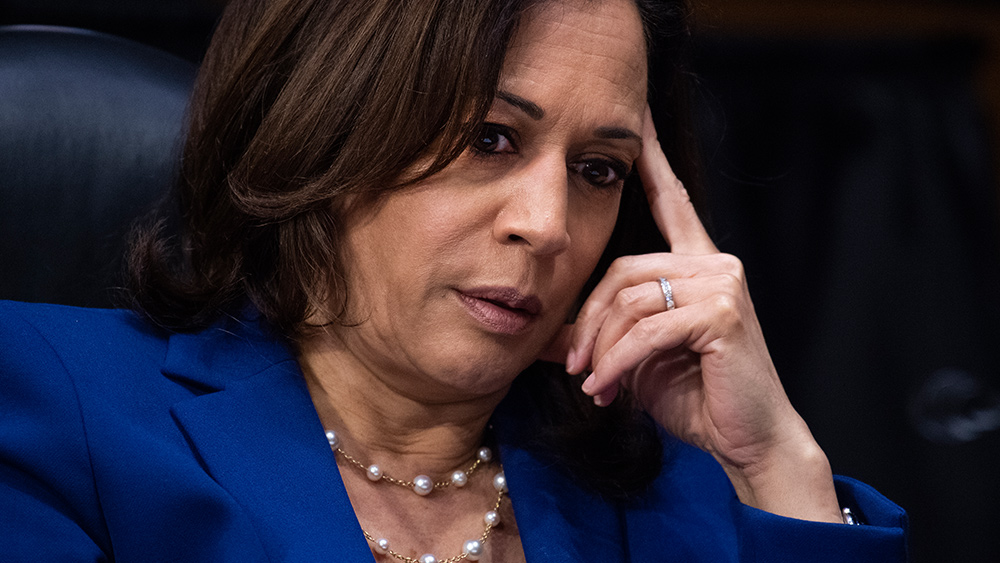America’s proxy war: Nuland reveals Ukraine-Russia peace truce fell apart in 2022 after the West advised Zelensky “it wasn’t a good deal”
09/16/2024 / By Belle Carter
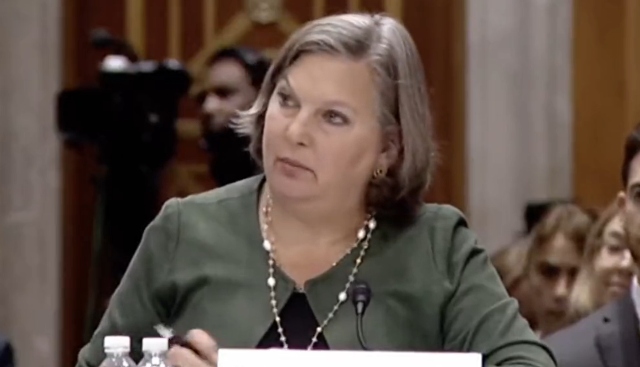
Former U.S. State Department Under Secretary of State for Political Affairs Victoria Nuland admitted that the U.S. government discouraged Ukraine from signing a peace deal with Russia in 2022 because Western nations – including the U.S. and the United Kingdom – advised Kyiv that “it was not a good deal.”
According to Nuland, the U.S. took a hands-off approach to the negotiations when they first started and said it wasn’t until “relatively late in the game” that the Ukrainians started seeking the advice of the Western allies.
“The Ukrainians began asking for advice on where this thing was going and it became clear to us and the Brits that Putin’s main condition was buried in an annex to this document that they were working on. And it included limits on the precise kinds of weapons systems that Ukraine could have after the deal,” Nuland said.
She claimed that the peace deal would make Ukraine “neutered” as a military force, adding that there were no similar constraints on the Russian military.
“People inside Ukraine and people outside Ukraine started asking questions about whether this was a good deal and it was at that point that it fell apart,” she added.
Wow! Nuland basically admits that Ukraine-Russia peace deal, which was close to being finalized in spring 2022, “fell apart” because US, UK & other Western governments “advised” Zelensky government that it was not “good deal” even though even members of Ukrainian delegation… pic.twitter.com/HPsrpOzQNf
— Ivan Katchanovski (@I_Katchanovski) September 8, 2024
The just-resigned official, in an interview below on YouTube on Sept. 3, was asked by exiled Russian journalist Mikhail Zygar about former Israeli Prime Minister Naftali Bennet’s claim that the U.S. and its allies blocked his efforts at mediation.
He also inquired about reports of former British Prime Minister Boris Johnson urging Ukrainian President Volodymyr Zelensky not to sign a deal. Johnson traveled to Ukraine on April 9, 2022, and told Zelensky that even if Ukraine was ready to sign a deal with Russia, the “collective West” was not.
David Arakhamia, a Ukrainian official who led negotiations with Russia at a meeting in Istanbul in March 2022, confirmed that when the negotiators returned from Istanbul, Johnson visited Ukraine and “said that we would not sign anything with them at all, and let’s just fight.”
Then on April 20, 2022, around the time the talks broke down, then-Turkish Foreign Minister Mevlut Cavusoglu said Turkey thought a deal could be reached following the Istanbul talks, but then it got the impression that some NATO members wanted to prolong the war to weaken Russia.
“After the talks in Istanbul, we did not think that the war would take this long … But, following the NATO foreign ministers’ meeting, it was the impression that… there are those within the NATO member states that want the war to continue, let the war continue and Russia gets weaker. They don’t care much about the situation in Ukraine,” Cavusoglu said.
On April 25, 2022, after visiting Kyiv, Secretary of Defense Lloyd Austin declared that one of the U.S.’s goals in the war was to see a “weakened” Russia.
Newsweek lists countries that could mediate Ukraine-Russia peace talks
Newsweek recently published an article where it enumerated countries that could possibly arbitrate a peace deal between Russia and Ukraine.
Putin recently said during the Eastern Economic Forum in Vladivostok, Russia that he had “never refused” to negotiate with Kyiv. He previously said he would negotiate if Kyiv relinquished four partially occupied regions that Moscow claims to have annexed in September 2022. But Zelensky finds this unacceptable. (Related: Putin ‘tried everything possible’ to make peace – Ukrainian diplomat.)
Meanwhile, Austria became the latest country to propose being a mediator to end the war. Austrian Chancellor Karl Nehammer’s post on X, said that Vienna could “support a just and lasting peace based on international law and to serve as a venue for negotiations.”
He said his government had noted Putin’s “openness to peace talks with Ukraine” and has previously called for de-escalation and peace talks.
Another nation that could be a hand in ending the war is Hungary, the news outlet reported.
Hungarian Prime Minister Viktor Orban has positioned himself as someone who could end hostilities being a critic of continued Western military aid to Ukraine. Orban talked with Zelensky back in July, when he said he had asked the Ukrainian president to consider a ceasefire before the international summit Kyiv hopes to hold later this year.
On July 5, Orban also met Putin in Moscow and three days later spoke with Chinese President Xi Jinping. On Monday, Sept. 9, the Hungarian leader said that his “peace mission” for Ukraine is ongoing and hinted at a breakthrough with a possible “spectacular” appearance in September, according to the Hungarian news outlet ATV.
During the July forum, Putin referred to Brazil, China and India as possible brokers to end the war. But Vuk Vuksanovic, an associate at the London School of Economics think tank LSE IDEAS, said that China, along with Hungary, will be discounted as potential mediators right away because they are too close to Russia.
“Moreover, the U.S. would not allow China to have the glory of a peacemaker,” he added.
On the other hand, Indian Prime Minister Narendra Modi told Zelensky in August that he is prepared to play a personal role to bring peace and both sides will have to “look for ways to come out of this crisis.”
Turkish President Recep Tayyip Erdogan also said that Ankara could be an intermediary in the Ukraine war, although the Kremlin spokesman has rejected this.
Head over to RussiaReport.news for updates on the ongoing war between Russia and Ukraine.
Sources for this article include:
Submit a correction >>
Tagged Under:
bad deal, Boris Johnson, chaos, David Arakhamia, deception, deep state, lies, Mevlut Cavusoglu, Naftali Bennet, NATO, peace deal, peace talks, politics, rigged, Russia, Ukraine, Ukraine-Russia War, Victoria Nuland, Volodymyr Zelensky, WWIII
This article may contain statements that reflect the opinion of the author
RECENT NEWS & ARTICLES
COPYRIGHT © 2017 INSANITY NEWS

